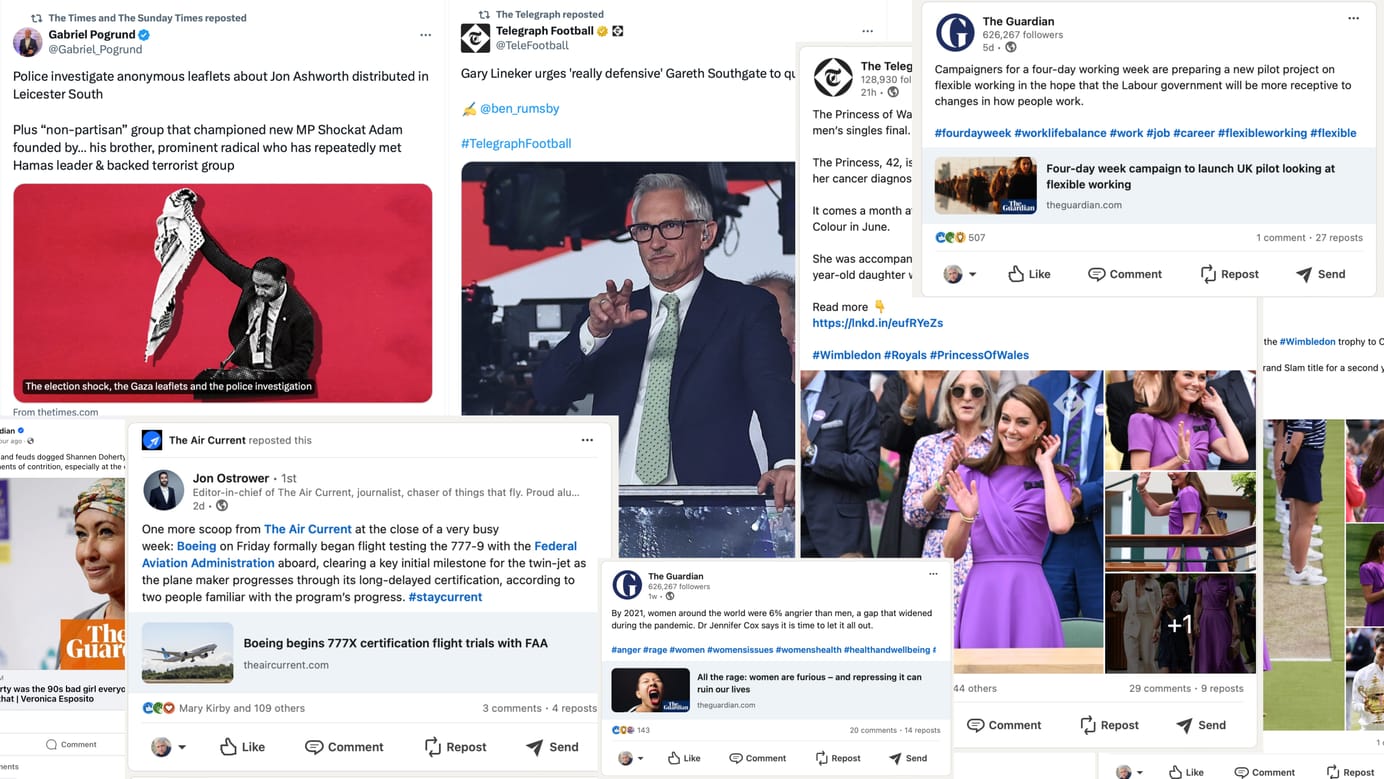
Fake news is just the tip of the propaganda iceberg
Fake news is Facebook’s problem, right? Well, maybe it’s a touch bigger than that.
Maybe Google has the problem, too:
Are Jews evil? It’s not a question I’ve ever thought of asking. I hadn’t gone looking for it. But there it was. I press enter. A page of results appears. This was Google’s question. And this was Google’s answer: Jews are evil. Because there, on my screen, was the proof: an entire page of results, nine out of 10 of which “confirm” this.
The problem is much bigger than just fake news. The problem is that our new systems of trust – in Google, in Facebook – are shaping how people views many subjects – and that’s open to exploitation. We’ve know that Russia has been using the internet as an effective propaganda tool for years. ISIL uses social media as a core component of its propaganda strategy. And now other groups are adopting these tactics, with staggering results.
The author, Carole Cadwalladr, talks to Danny Sullivan, one of the leading experts in search engines:
“I thought they stopped offering autocomplete suggestions for religions in 2011.” And then he types “are women” into his own computer.

“Good lord! That answer at the top. It’s a featured result. It’s called a “direct answer”. This is supposed to be indisputable. It’s Google’s highest endorsement.” That every women has some degree of prostitute in her? “Yes. This is Google’s algorithm going terribly wrong.”
Propaganda is winning the web
Google has since acted on these results (with somewhat mixed results) but you should still read the whole piece. This isn’t just technology companies making mistakes – this is an example of a whole industry of sites with a deep understanding of digital platform distribution exploiting that knowledge to spread their messages. In short, political propaganda is beginning to take a hold on the internet:
And the constellation of websites that Albright found – a sort of shadow internet – has another function. More than just spreading rightwing ideology, they are being used to track and monitor and influence anyone who comes across their content. “I scraped the trackers on these sites and I was absolutely dumbfounded. Every time someone likes one of these posts on Facebook or visits one of these websites, the scripts are then following you around the web. And this enables data-mining and influencing companies like Cambridge Analytica to precisely target individuals, to follow them around the web, and to send them highly personalised political messages. This is a propaganda machine.
Are we, as the journalism industry, up to the challenge of beating them? I’m seeing precious little evidence of it so far.
Journalism is failing in the face of such change and is only going to fail further. New platforms have put a bomb under the financial model – advertising – resources are shrinking, traffic is increasingly dependent on them, and publishers have no access, no insight at all, into what these platforms are doing in their headquarters, their labs.
This isn’t a failure in our reporting, it’s a failure in our commitment to getting that reporting to the people who need it. Next time you hear a journalist scoffing at a “social media editor” or “audience engagement editor”, remember that they’re actually showing the care precious little about actually getting knowledge out to the public.
Sign up for e-mail updates
Join the newsletter to receive the latest posts in your inbox.










